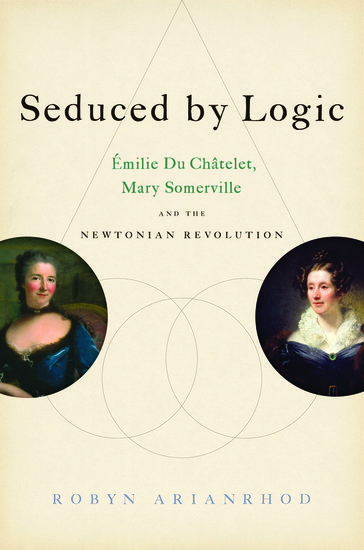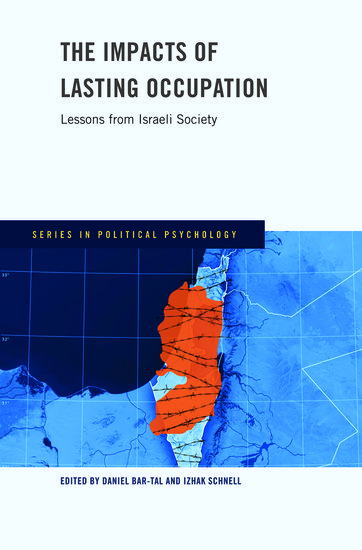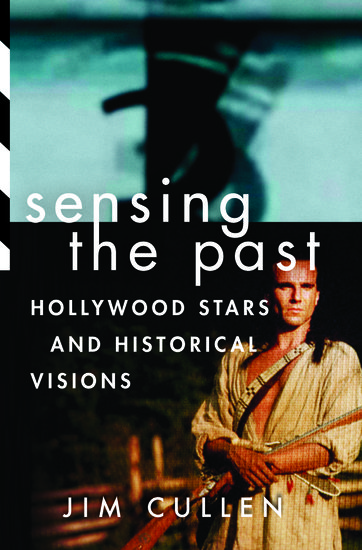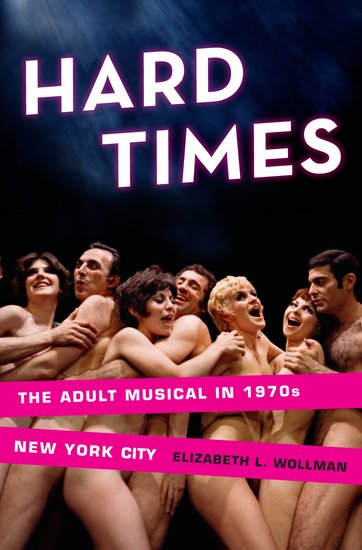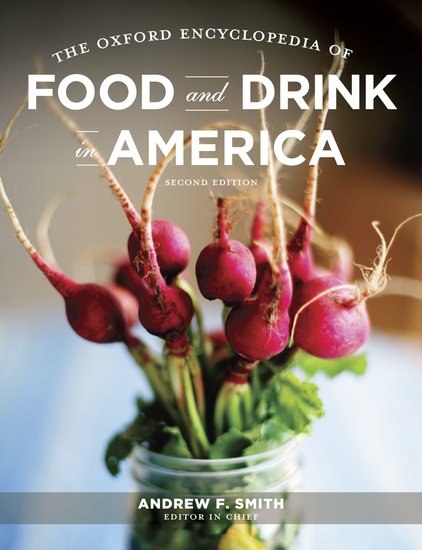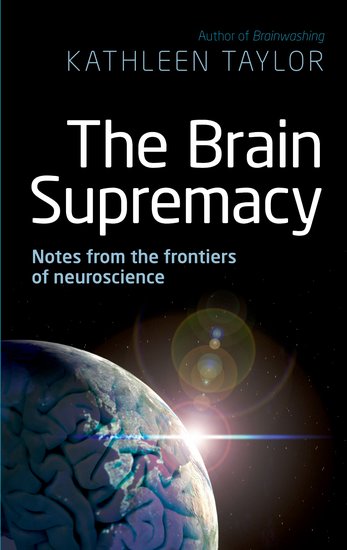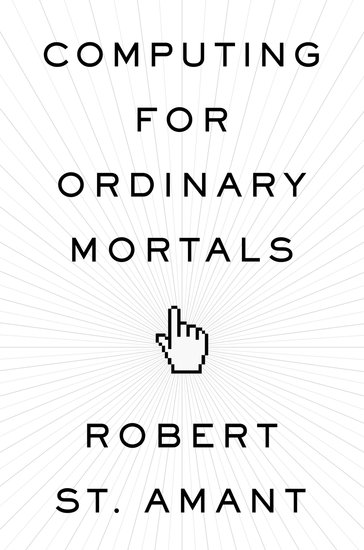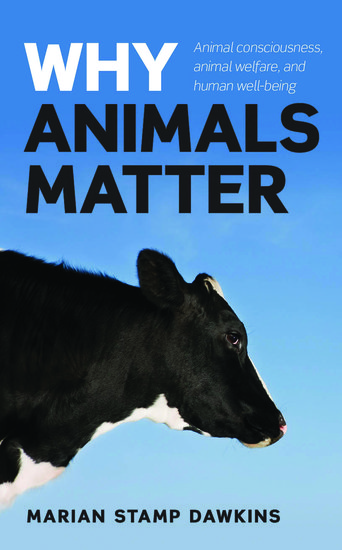What sort of science do we want?
By Robyn Arianrhod
29 November 2012 is the 140th anniversary of the death of mathematician Mary Somerville, the nineteenth century’s “Queen of Science”. Several years after her death, Oxford University’s Somerville College was named in her honor — a poignant tribute because Mary Somerville had been completely self-taught. In 1868, when she was 87, she had signed J. S. Mill’s (unsuccessful) petition for female suffrage, but I think she’d be astonished that we’re still debating “the woman question” in science.

